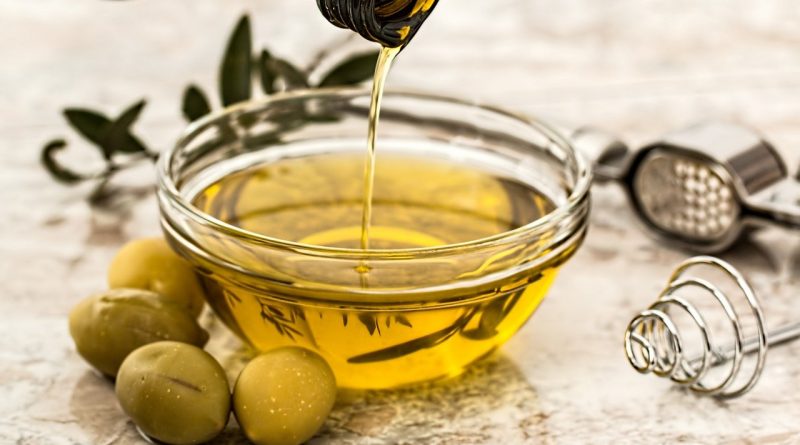Just How Healthy is Organic Olive Oil?
Staying healthy is a challenge for all of us, particularly given the fast-paced nature of the modern world. All the conflicting information we receive on a daily basis about ‘good food’ and ‘bad food’ can make shopping for groceries a very difficult experience.
Organic olive oil, in particular, is a product that has received both praise and criticism over the years. However, nutritionists these days tend to agree that it provides an essential source of good fats and should form part of a healthy diet.
What is olive oil?
Unsurprisingly, olive oil comes from the olive fruit. Olive trees are native to the Mediterranian but have since spread throughout the entire globe and olive oil is one of the world’s most popular cooking products.
To make olive oil, olives are harvested, crushed to a paste and decanted, before the oil is separated from the rest of the fruit via a centrifuge. Olive oil is generally stored in glass bottles, which are quite dark in colour to protect the product from the sun.
If olive oil is advertised as being organic, it means that the fruit has been grown in very specific conditions. It has not been exposed to pesticides or artificial fertilisers, and the farmer has followed organic practices that include water conservation and protection of soil fertility.
Organic olive oil is an essential kitchen ingredient. It is used to fry, saute, and roast food and is also an ingredient in its own right in many different types of sauces and dressings.
Nutritional content of olive oil
People often doubt the nutritional value of olive oil, as it is often used to deep-fry food (not a particularly healthy method of food preparation). However, organic olive oil contains many essential nutrients and forms a healthy part of a balanced diet.
Olive oil is considered to be a type of dietary fat, but don’t let that put you off. Fats, in small amounts, are very important.
Olive oil has a high concentration of monounsaturated fat, which is considered to be one of the ‘good’ fats. What does this mean? Well, monounsaturated fats have the ability to lower cholesterol levels, helping to reduce the risk of stroke and heart disease. While saturated and trans fats should be avoided, monounsaturated and polyunsaturated fats can have a positive effect on your health.
Olive oil is also an excellent source of two important vitamins — vitamin E and vitamin K. Vitamin E promotes eye health, protects cells from degradation, and helps maintain healthy skin. Vitamin K is not often as spoken about as other nutrients but plays an essential role in blood clotting and bone health.
Organic olive oil also provides you with a valuable dose of antioxidants, which have anti-inflammatory properties and can contribute to a reduced risk of inflammatory-based disease.
Three reasons to include olive oil in your diet
● It’s one of the healthiest oils out there: Next time you are at the supermarket, check out just how many different types of oils there are available. You’ll likely become very quickly overwhelmed! All you need to know is that organic olive oil is one one of the healthiest oil options you can go with, whether you are roasting or frying your food.
● It fights inflammation: As mentioned, olive oil is an excellent source of antioxidants. Amongst other things, antioxidants prevent damage caused to cells ‘free radicals’, atoms linked to disease and aging.
● It is suitable for most people: There have been very few recorded instances of people having an allergic reaction to organic olive oil, particularly in contrast to other similar products, such as peanut or sunflower oil. If you’re cooking for a large group of people, olive oil is your safest bet.
The perfect olive oil dressing
No garden salad is complete without dressing, and this perfect vinaigrette recipe will lift your salad game to the next level!
Ingredients:
● 3 tbsp organic olive oil
● 1 tbsp vinegar — can be balsamic, apple cider, or rice vinegar
● Pinch of salt and pepper
● 1 garlic clove, finely minced
● 2 tsp shallots, finely minced
● 1 tsp Dijon mustard
● ½ tsp honey
Method:
- Combine all of the ingredients into a small jar.
- With the lid on, shake the jar vigorously until well combined.
- Taste and season with salt and pepper as required.
- Toss through the salad — enjoy!
Given the amount of olive oil we consume, it’s highly recommended that you invest in a good quality product. By purchasing organic olive oil, you can have confidence that the olives were grown in natural conditions and you are not frying your food in artificial preservatives and chemicals. Better still, you are making a good decision on behalf of the environment — everyone wins!


